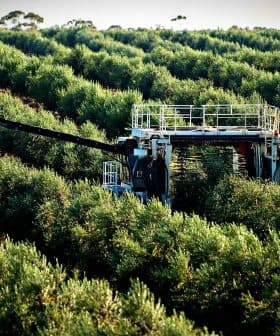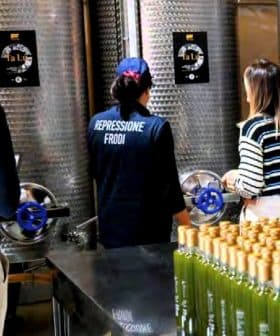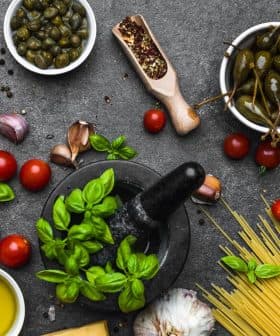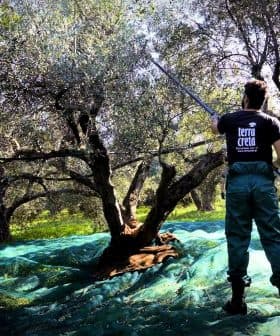Italy’s Farmhouses Enjoy a Post-Pandemic Boom
A new study found that more than seven in 10 Italians plan to visit a local farmhouse this summer.
Research shows that 72 out of 100 Italians plan to visit farmhouses this summer, with one-third expressing interest in being involved with farmhouses and over 20 million considering starting their own. Farmhouses offer leisurely meals in picturesque settings, traditional agricultural experiences, and the opportunity to promote local food specialties, contributing to their immense popularity among Italians seeking relaxation, outdoor activities, and avoidance of crowded environments.
Research from Noto Sondaggi and Coldiretti shows that 72 out of 100 Italians plan to visit one or more farmhouses this summer.
Farmhouses offer the opportunity for leisurely meals in picturesque surroundings and the ability for visitors to experience traditional agricultural and food production activities.
The immense popularity of visiting these agritourism businesses also does not come as a surprise.
See Also:Tourism Awards in Italy Promote Industry InnovatorsAccording to the research, one-third of Italians said they would like to be involved with farmhouses. Slightly more than 20 million Italians said they would start their own farmhouse given the right conditions.
The researchers also suggest that the immense popularity of farmhouses is indicative of the growing interest in the farmer-chef phenomenon, where high-profile chefs are committed to promoting local traditional food specialties.
Away from food and nature, other reasons cited for farmhouse vacations are the need to relax, avoid crowded environments and participate in outdoor sports and activities.
Coldiretti said farmhouse restaurant operations grew two percent in 2021, compared to 2019, despite periodic closures as a result of the Covid-19 pandemic.
Recent research carried out by the Italian Institute of Services for the Agricultural and Food Market (Ismea) found that there are now 25,060 licensed farmhouses in Italy.
Of this total, 82 percent offer overnight stays, while 62 percent have a restaurant. Nearly one-third of registered farmhouses also organize tasting activities for their local products.
Ismea said farmhouses have become ambassadors for traditional regional recipes and products, such as extra virgin olive oil and wine, allowing visitors to taste and learn about these products’ stories.
Recent support for farmhouses has also come from Italy’s oleotourism law, which is meant to develop new touristic opportunities akin to what previous legislation achieved for the Italian wine sector.
The rising interest in starting farmhouses has also led the Sicilian Parliamentary Assembly to review its bureaucratic procedures to found one of these establishments. The stated goal of the assembly is to make it more simple for farmers to open restaurants, tasting rooms and hospitality accommodations.
The decision is likely to be greeted with approval from local farmers, especially since Sicily is the leading domestic vacation destination for Italians.
One of the drivers of farmhouse tourism is also the high number of Italians who do not plan to travel internationally during their vacations. A recent survey from TouringClub found that 73 percent of respondents plan to take their upcoming summer vacations in Italy in 2022.
Coldiretti said that two of the main reasons for the growing success of farmhouses are the ability to book accommodation and make reservations at the last minute and the location of many of them in non-traditional tourist locations, allowing visitors to avoid more crowded areas.
The Italian Olympic Committee (CONI) has also taken notice of the ongoing changes in the Italian touristic preferences, with its southern branch in Campania announcing a recent partnership with Terranostra to create a network of sport-friendly farmhouses.
According to local media reports, 20 farmhouses have participated in specialized CONI/Coldiretti workshops to refine their sport-related offers, and new workshops are planned in autumn.
The project is part of a broader effort by the two entities to promote the Mediterranean diet as a crucial contributor to a healthy life.
Share this article









